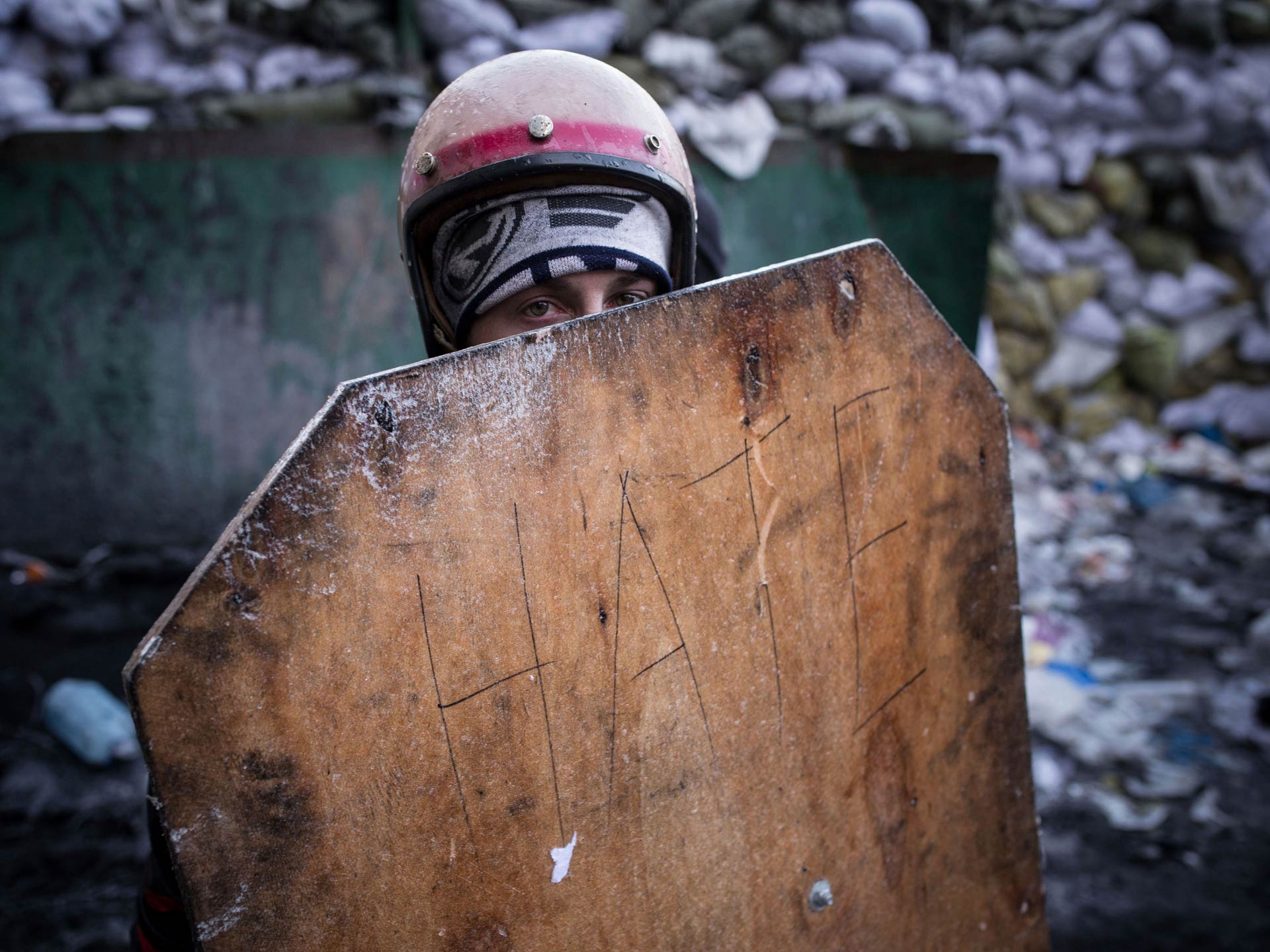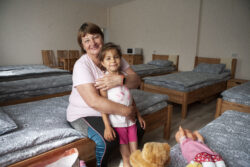Ukraine
Our projects in Ukraine started in 2006. They mainly focused on strengthening civil society by supporting local organisations and spreading democratic values. We also helped Ukrainians to build social infrastructure and community development.
We worked mainly in the east of the country, in areas such as Kharkiv, Donetsk, Dnipropetrovsk, Zaporizhzhya and Luhansk, where NGOs worked in difficult conditions and stood outside the focus of international donors. In Ukraine, we also worked on the Ukraine-Slovakia School of Local Democracy project, which helped develop a network of community leaders who have been active for several years in different cities of Ukraine, addressing socially important issues at the local level through community mobilisation.
In 2015, we continued to support community activities in various cities in Ukraine and strengthen cooperation between the civil sector, local government and local business. Our partner organization AHALAR provided trainings, mini-grants, consultations and organized joint thematic events for these leaders. Together with Ukrainian trainers, we trained 40 community leaders from cities such as Chernigov, Kherson, Zdolbunov, Akhtyrka, Domanivka, Kamenets Podolsky, Kremenchug, Odesa and others. These leaders subsequently implemented 32 community projects that focused on ecology, education, minority inclusion, culture and the arts. Twenty of the best of them took part in a study trip to Slovakia, where they learned about Slovak community projects and experiences in cooperation with local government. They then shared these experiences through local media and public discussions in Kherson, Chernigiv and Kremenchug.
In 2021, the situation in eastern Ukraine has deteriorated further due to the protracted armed conflict. The local population became increasingly alienated from the political process, leading to the disintegration of civil society. The most active and educated members of the communities moved away, and those who remained often had neither the motivation nor the skills to engage in dialogue with local public officials. The decentralisation process was not managed, widening the gap between the poor and those who held power.
With our help, locals began to actively participate in decisions that affected their daily lives. We believed that engaging citizens in dialogue and participation in decision-making processes were essential prerequisites for the transition to a democratic society. Drawing on our experience of community development in Slovakia, we mobilised local society, connecting active people to each other and inspiring them with examples of good practice. We have also created an important dialogue between local government officials and local residents. Through media literacy trainings we fought against misinformation. In two communities along the contact line – in Shulginsk and Nyzhnoteple – we created community-initiative groups involving 56 municipal representatives. The leaders of these communities were mainly women, who were often the first people local residents turned to for help. However, the stereotype that women should not be part of decision-making processes and that their role is rather to take care of the household is still prevalent in the areas of eastern Ukraine. We have contributed to the greater emancipation of local women and have broken this stereotype. The two community-initiative groups designed a project on access to drinking water. However, this project could not be implemented due to the early termination of the project in March 2022 due to the beginning of the war in Ukraine.
Since 2016, we have been providing humanitarian assistance in Ukraine in the context of the ongoing military conflict and its devastating consequences.





